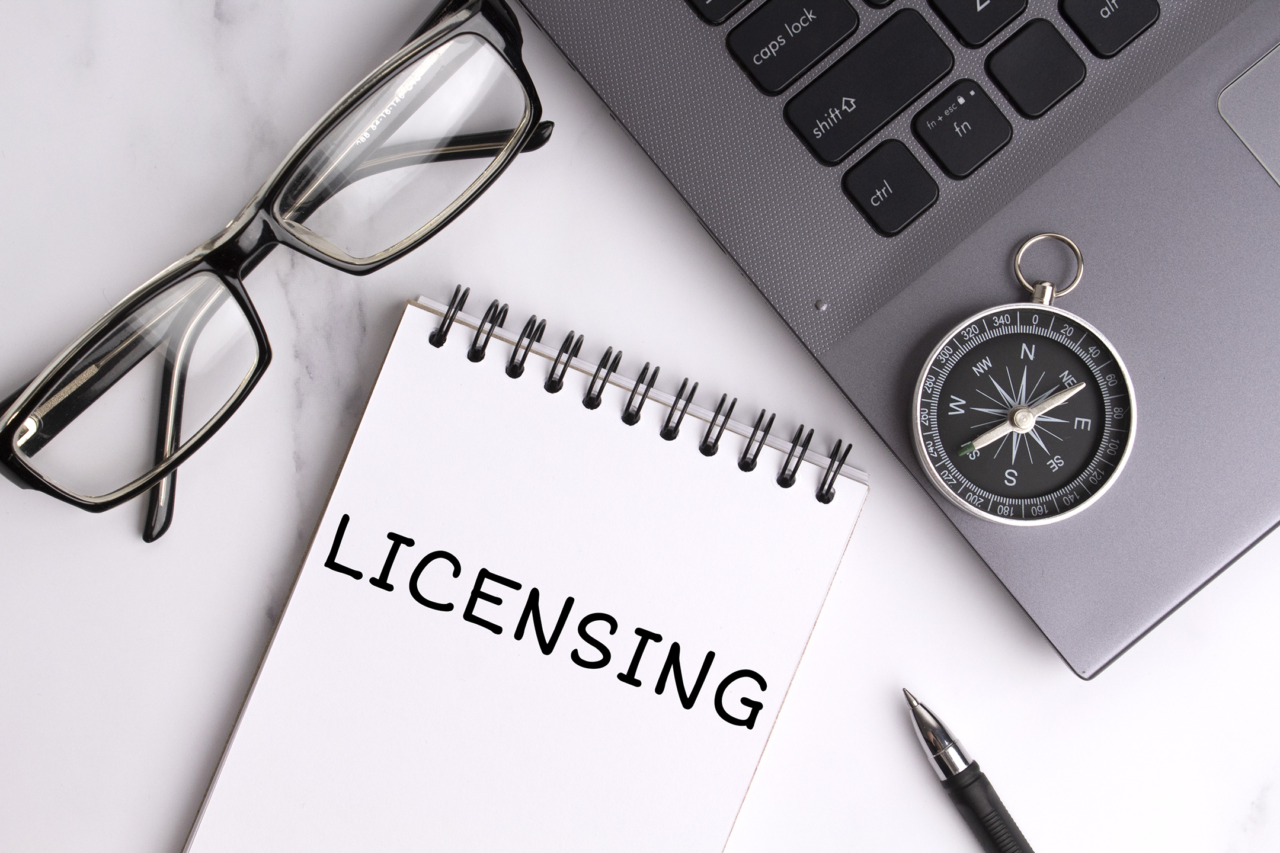

Texas HB 1998, signed into law by Governor Abbott on June 13, 2023, and effective September 1, 2023, enacts broad-ranging changes to the Texas Occupations Code that not only significantly alters peer review reporting requirements and the confidentiality of reports regarding disciplinary actions against physicians, but also makes it more difficult for physicians to become licensed and renew their registration in Texas.

The Health Care Quality Improvement Act (HCQIA) is a federal law that provides for due process for physicians against whom adverse recommendations have been made pursuant to a peer review process and that also establishes strong confidentiality protections for reports of adverse recommendations that must be made to the National Practitioner Data Bank (NPDB). Reports must be made not only to the NPDB, but also to the state licensure board of the affected practitioner.
Warning: Undefined variable $posClass in /home1/mjhnewsc/public_html/wp-content/plugins/ap-plugin-scripteo/lib/functions.php on line 1078
Prior to HB 1998, the reporting requirements for the NPDB and the Texas Medical Board (TMB) were identical: final adverse actions affecting medical staff membership or clinical privileges for more than 30 days were reportable to both entities. As of September 1, 2023, however, actions that affect a physician’s medical staff membership or clinical privileges for longer than 14 days must be reported to the TMB, although such actions are not reportable to the NPDB. Moreover, the Texas Legislature now requires the TMB to monitor the NPDB on an ongoing basis and to include any new information regarding disciplinary actions against a physician in the physician’s profile on the TMB website. A surcharge on license holders will finance the cost of this monitoring.
Warning: Undefined variable $posClass in /home1/mjhnewsc/public_html/wp-content/plugins/ap-plugin-scripteo/lib/functions.php on line 1078
Legally, the required disclosure of information from an NPDB report is problematic because, under federal law, NPDB reports may not be disclosed except to hospitals, medical boards, and certain other covered entities. Federal regulations (45 CFR 60.20) expressly permit parties to disclose “information . . . from its own files used to create such reports where disclosure is otherwise authorized under applicable state or Federal law.” Accordingly, if TMB is not the reporting entity, its public disclosure of NPDB report information may violate federal law.
Warning: Undefined variable $posClass in /home1/mjhnewsc/public_html/wp-content/plugins/ap-plugin-scripteo/lib/functions.php on line 1078
With respect to physician licensing and registration, there are multiple provisions of HB 1998 of which physicians and their employers should be aware. From a practical perspective, the most burdensome of these is the requirement for already licensed physicians to submit a complete set of fingerprints to the TMB in order to renew their biennial registration. This is a one-time requirement. However, TMB can refuse to renew or register a physician’s license if fingerprints are not submitted. Fingerprints have been required for new applicants since 2019, and instructions for obtaining fingerprints are on the TMB’s website.
HB 1998 also revises and expands the list of offenses for which the TMB may restrict a physician’s license upon a physician’s arrest for the offense (rather than the conviction of such an offense). These offenses include criminal homicide, human trafficking, and certain sexual offenses against vulnerable persons. Note, however, that existing law allows such restrictions to occur only after a disciplinary panel has been appointed and, further, has concluded that the physician’s continuation in practice constitutes a “continuing threat to the public welfare.” Such a conclusion may be reached prior to a hearing, but immediate notice must be made to the affected physician and a hearing must be scheduled as soon as possible after 10 days’ notice of the hearing.
A new criminal offense has been created by HB 1998: a person who knowingly makes a false statement in an application for licensure or under oath to obtain a license or secure registration of a license to practice medicine is a Class A misdemeanor. Moreover, if the intent is to defraud or harm another, the offense becomes a state jail felony. This offense was formerly categorized as “tampering with a governmental record,” and subject to penalties under those laws.
One change in HB 1998 that may favor Texas physicians is the change to the circumstances under which a physician’s license revocation in another state can preclude licensure in Texas. The Texas Legislature has specifically provided that a physician is not eligible for licensure, and a physician’s licensure can be suspended or revoked based on a revocation in another state or a province of Canada only if the revocation would be grounds for TMB to revoke a license to practice medicine in Texas. Accordingly, a physician whose license to practice medicine in another state was revoked for refusing to provide gender-affirming care to a minor or to provide an abortion in certain circumstances would not automatically be ineligible for Texas licensure.
HB 1998 merits careful review by health care entities. Peer review policies and medical staff bylaws, as well as physician employment agreements and other policies, may need to be revised to account for the reporting and other changes to Texas law under HB 1998.


